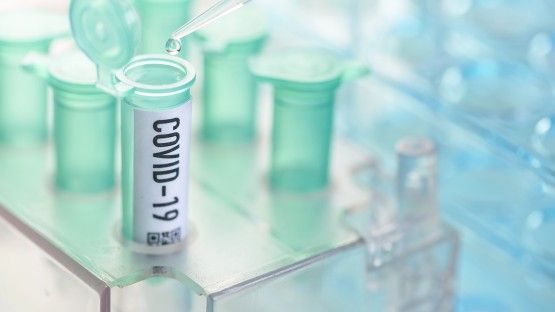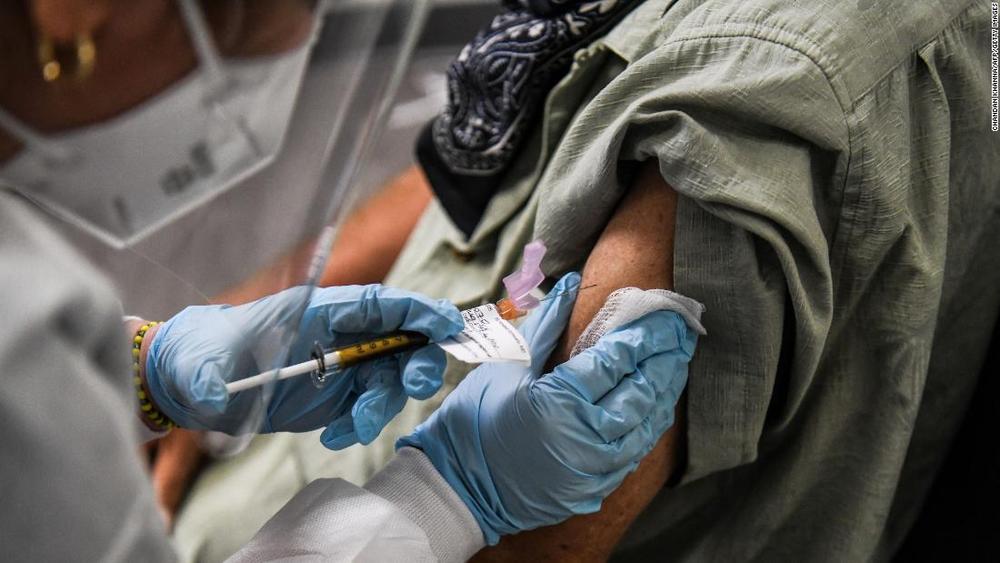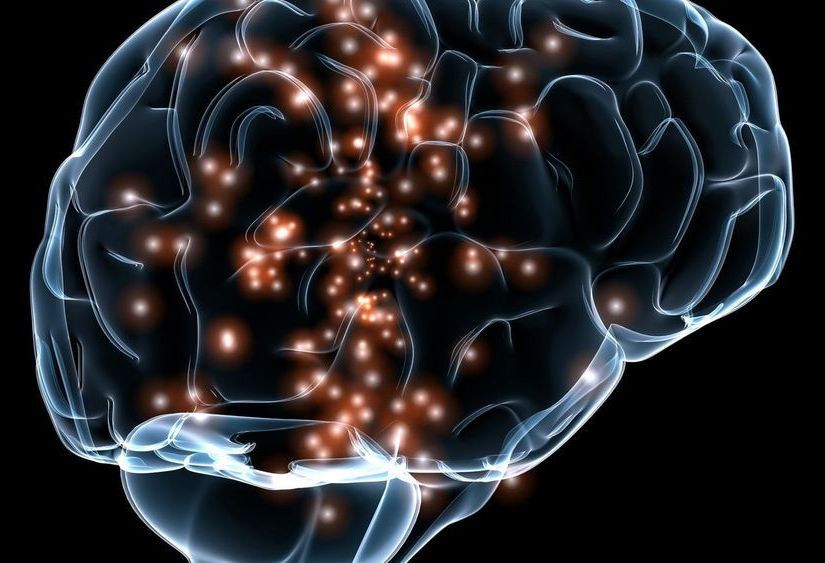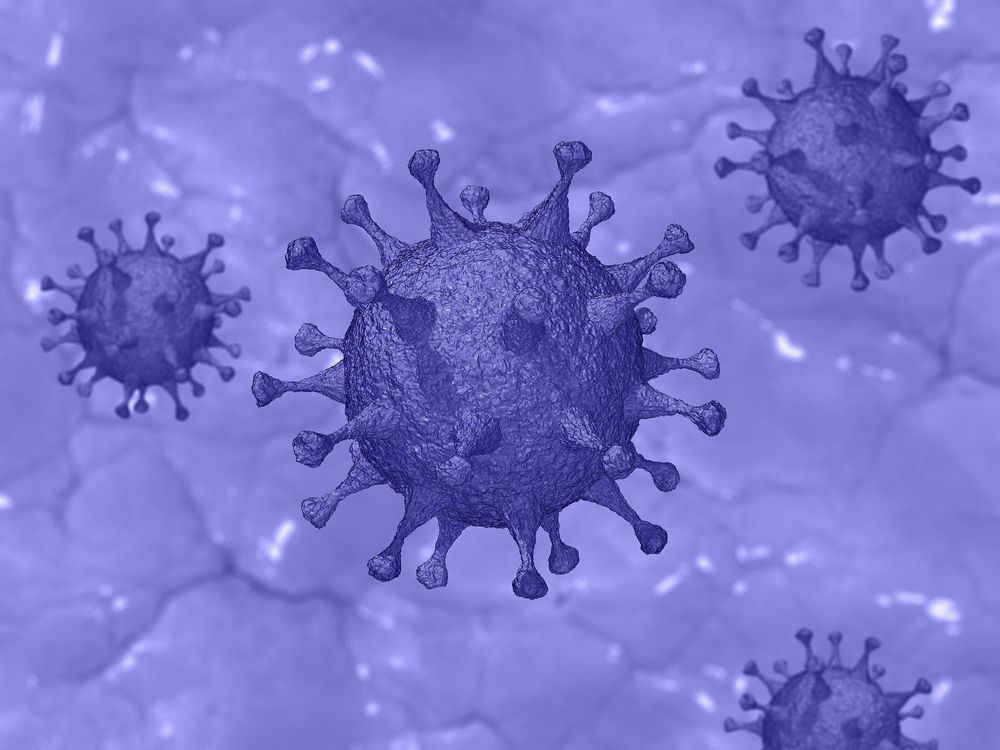Since antiquity, cultures on nearly every continent have discovered that certain plant leaves, when chewed or brewed or rubbed on the body, could relieve diverse ailments, inspire hallucinations or, in higher dosages, even cause death. Today, pharmaceutical companies import these once-rare plants from specialized farms and extract their active chemical compounds to make drugs like scopolamine for relieving motion sickness and postoperative nausea, and atropine, to curb the drooling associated with Parkinson’s disease or help maintain cardiac function when intubating COVID-19 patients and placing them on ventilators.
Now, Stanford engineers are recreating these ancient remedies in a thoroughly modern way by genetically reprogramming the cellular machinery of a special strain of yeast, effectively transforming them into microscopic factories that convert sugars and amino acids into these folkloric drugs, in much the same way that brewers’ yeast can naturally convert sugars into alcohol.









